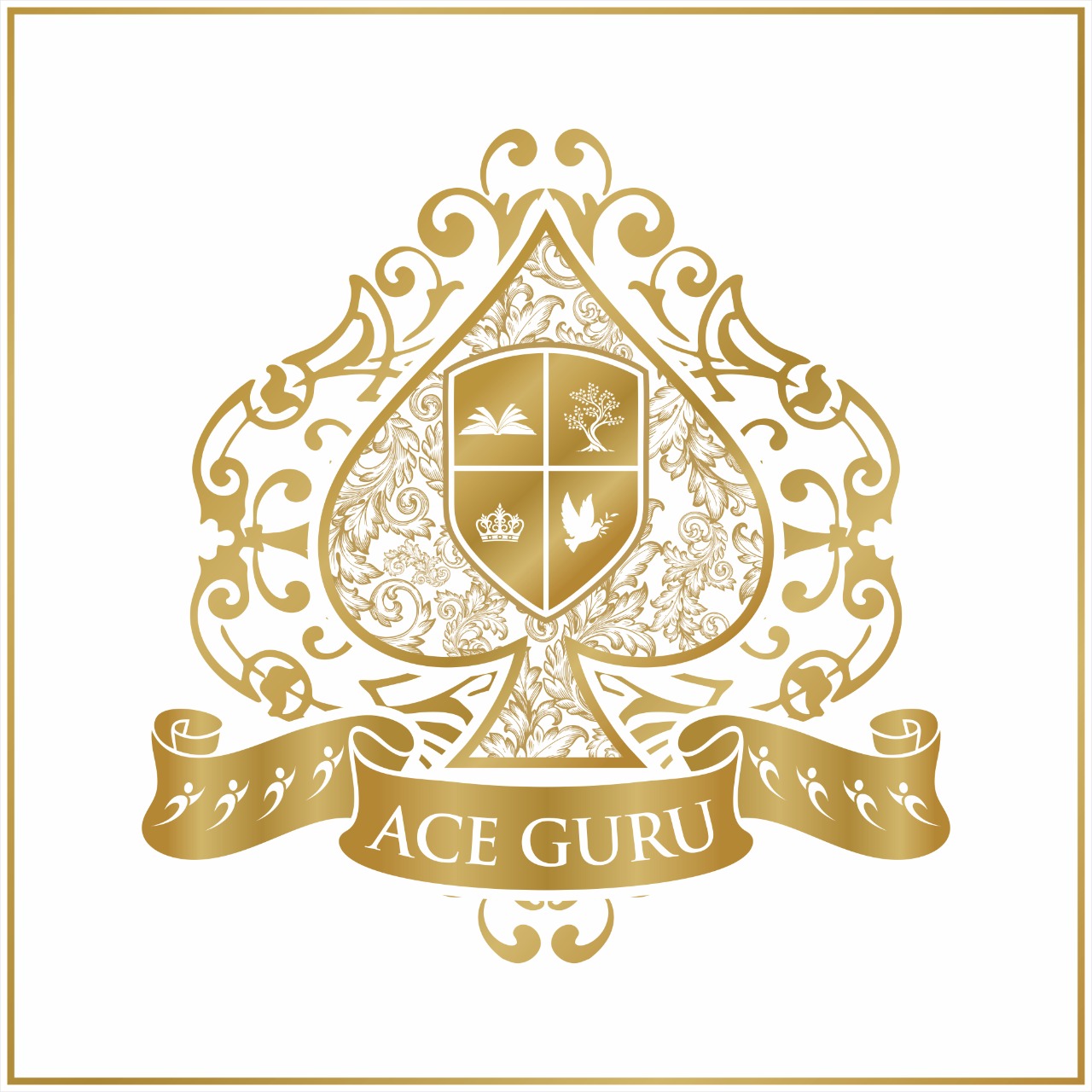Top Law Colleges Direct Management Quota Admission
We are happy to help you to get admission in top law colleges, we provide admission guidance or Career counselling in Top Law Colleges Direct Management Quota Admission Seats for the coming academic session. Hurry up to register and less seats are available.
Law Degree after 12th/PUC/+2 Course
“Law” is the one of the most fundamental parts of our constitution and law education is the only legal education in India that students can pursue and those who manage to clear this degree are designated with the post of a “Lawyer”. In this article, find information about law courses after 12th in India.
The degree of law in India is currently offered by many universities and at various academic levels. The Law degree started in India in the year 1987 as a three-year programme granted under the Advocate Act, 1961. Note the BCI (Bar Council of India) is the chief regulatory body of our Law education.
The “Law Commission of India” decided to set up a University for Law Education to raise the academic standard of the legal profession in India in the year 1985. After that, the first law University in India got formed in Bangalore, which was named as the “National Law School of India University” commonly known as the “NLS”. That was the time when the first LLB degree was started in India.
Admission Procedure
Admission in law courses will be provided through entrance exams. Candidates have to qualify any one of the national, state and university level exam (as applicable). Some of the colleges may also give admission on the basis of merit of the qualifying exam.
Firstly, candidates have to qualify the entrance test to get ad-mission in law courses. After that, candidates have to participate in the counselling process of the respective college where they are seeking for admission. (Enroll Top Law Colleges Direct Management Quota Admission)
Counselling for MH CET Law aspirants will be conducted through online mode. Counselling process will comprises of various steps like ad-mission form filling, document verification, option filling, seat allotment, etc. Candidates will be selected for ad-mission on the basis of merit list, filled choices, category and seats availability in colleges.
Entrance Exam
MH-CET Law is a state level examination organized by Directorate of Technical Education (DTE), Maharashtra to offer ad-mission in various law courses. Students can also appear in the CLAT (Common Law Ad-mission Test) & LSAT (Law School Ad-mission Test) examinations to get ad-mission in law courses.
Law Admission
Law admission will be done through entrance tests. Candidates should check their eligibility before applying for admission.
The eligibility criteria for various law courses are mentioned below:
- For admission in integrated law courses, candidates must have passed 10+2 or equivalent exam from any recognized board.
- Candidates should hold a graduation degree to apply for ad-mission in LLB programme.
- There is no age limit criteria to apply for law courses.
- Candidates must have qualified the three year and four year law courses for ad-mission in LLM course.
- In the qualifying exam, candidates must have secured minimum 45% marks for general candidates and 40% marks for reserved categories.
What courses are available?
Courses at universities and colleges in the India range from LLB degrees that provide the skills and knowledge required to practice in law, to BA/BSc degrees that focus on law more as an academic subject. As with other academic courses, its possible to combine many different subjects together.
Common combinations include law with business, management, criminology, accounting, policing and a modern foreign language. (Enroll Top Law Colleges Direct Management Quota Admission)
Subject combinations and available course option include:
- single, joint, and multiple subject combinations
- full-time, part-time and flexible study options as well as courses with a placement (sandwich courses)
- qualifications ranging from BA/BSc (Hons) and LLB degrees, through to HND, HNC and Foundation Certificates
A key consideration when choosing courses is whether or not you wish to pursue a law related career and choose to take a ‘qualifying’ law degree (LLB).
Completion of an LLB degree will exempt you from the need to complete the Graduate Diploma in Law which non-law graduates have to complete if they wish to become a solicitor etc. (Enroll Top Law Colleges Direct Management Quota Admission)
The Master of Laws
The Master of La.ws (LLM) is a specialized degree designed for practicing lawyers or professionals who have already graduated from a JD program. Traditionally completed in one year, the LLM provides a broad course of study that enhances a student’s knowledge of both law and legal theory.
Examples of ideal candidates for LLM programs include judges, lawyers, law professors, and government officials. (Enroll Top Law Colleges Direct Management Quota Admission)
This degree usually requires students to complete 20 to 26 academic credit hours to qualify for graduation. The LLM curriculum structure is built on flexibility and diversity, allowing students to focus their studies in a particular section of law Areas of specialization include international business, property, entertainment and media, civil litigation, and taxation, to name a few.
Concurrent Degrees
The practice of modern law does not occur in a vacuum, but at an intersection of multiple disciplines. Universities and law schools recognize that the field draws upon different areas.
As a result, many offer dual or joint degree programs allowing students to earn an additional professional degree to complement their law education. Through these concurrent degree programs, students gain specialized expertise that prepares them for a range of professional opportunities. (Enroll Top Law Colleges Direct Management Quota Admission)
Doctoral students build progressive, elevated skills in a range of areas. Some of these include:
Research Methodology
Students are able to analyze issues, develop informed plans of inquiry, conduct research, and make data-driven recommendations.
Legal Expertise
Students develop an advanced understanding of legal issues, theory, and the legal system alongside critical reasoning skills.
Policy Expertise
Students gain advanced understanding in specialized policy areas or domains and are able to make expert recommendations in each area.
Communication
Students are able to communicate effectively, writing and speaking clearly for varied audiences and purposes.


